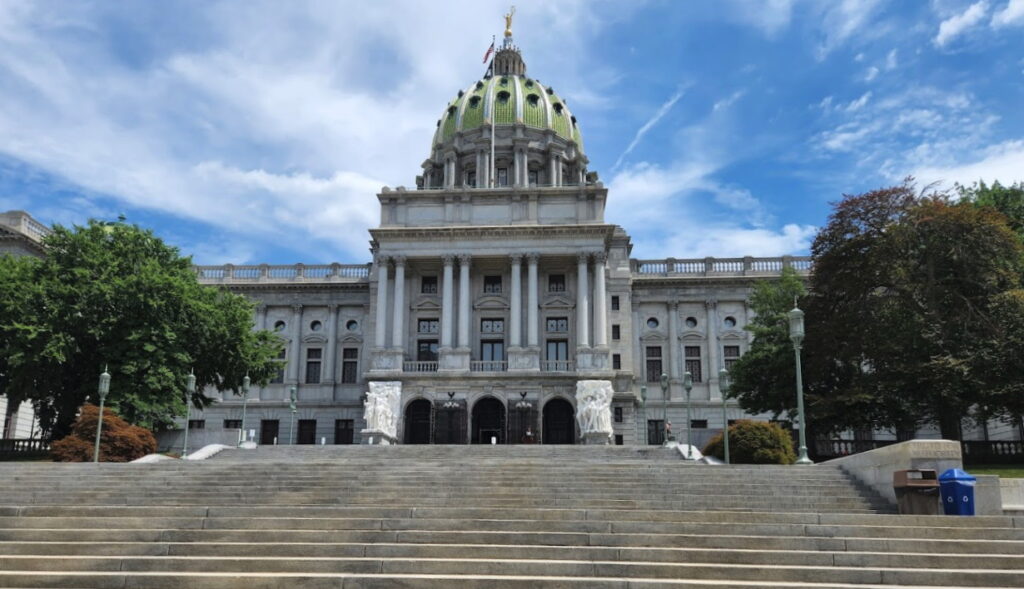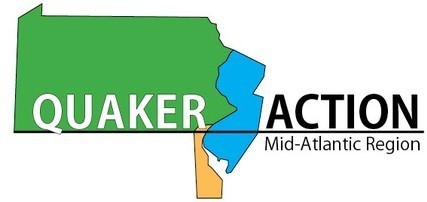
Can Pennsylvania Fulfill its Rightful Role at this Critical Time in History ?
In founding Pennsylvania more than 300 years ago, William Penn created a lasting form of democratic governance, upheld and strengthened religious freedom, and designed remarkably visionary city planning. A devout Quaker, Penn had a gift for communicating his vision, with the “City of Brotherly Love” and the “Green Country Towne” finding lasting places in our vernacular. The democratic principles that he set forth in the Pennsylvania Frame of Government served as an inspiration for our Constitution. His love of horticulture, shared among early Quaker botanists, has helped to support a rich and lasting network of magnificent arboretums and forests across the state.
Pennsylvania’s bountiful natural resources have enabled the state to play a unique role in the development of the American economy, especially its energy economy. Pennsylvania was the first state to discover coal and put it to use in the late 1700s. It was also the first state to discover oil, in Titusville in 1859, and now plays a leading role in natural gas extraction as fracking has unlocked ancient fossilized reserves beneath our mountains. The extraction of all this fossilized energy has created great wealth over hundreds of years, fueling the iron and steel, petrochemical and pharmaceutical industries, and helping to enable the United States to become the wealthiest nation the world has ever known. The model of highly concentrated wealth has tended to concentrate political power in order to help maintain and protect that wealth. The concentration of wealth and power in a relatively small number of hands has too often led to stagnation in the public life of Pennsylvania and the nation.
As the U.N. 2018 IPCC report concludes, burning all this fossil fuel for hundreds of years has brought mankind to the brink. We must reduce global greenhouse gas emissions dramatically in the next seven years, or face climate catastrophe. “Existential Climate-related Security Risk”, a recent study conducted by military and climate experts finds that, “Climate change intersects with pre-existing national security risks to function as a threat multiplier and accelerant to instability, contributing to escalating cycles of humanitarian and socio-political crises, conflict and forced migration.
Climate change impacts on food and water systems, declining crop yields, and rising food prices driven by drought, wildfire, and harvest failures have already become catalysts for social breakdown and conflict across the Middle East, Central America and northern Africa, contributing to the migration crisis.” The climate crisis is “not a technological or a scientific problem. It’s a question of humanity’s socio-political values. We need a social tipping point that flips our thinking before we reach a tipping point in the climate system.”
Quaker faith and practice have much to contribute to get us to this social tipping point. Just as renewable energy is not new, Quaker values of simplicity, peace, integrity, community, and equality have stood the test of time. We are at the proverbial fork in the road. The path of continued dependence on fossil fuels leads to climate chaos, and to the collapse of human civilization as we know it. The path of solar, wind, hydro, and other forms of clean, renewable energy will lead us to a sustainable future.
What are we waiting for?
